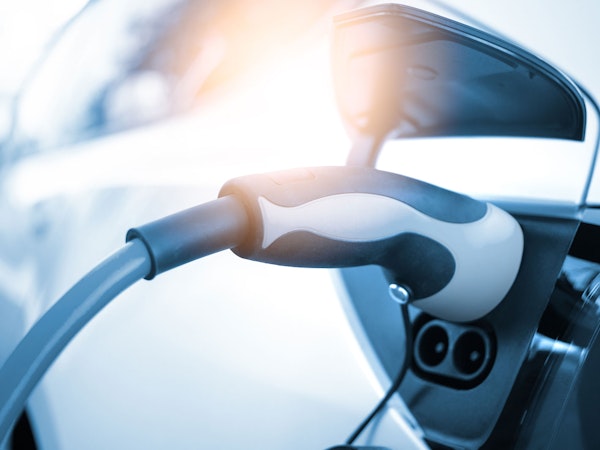Electric car charging rates change – home and away
Starting 1 September 2025, two separate advisory fuel rates apply to fully electric cars depending on whether charging is at home or using a public charger.

HMRC’s advisory fuel rates can be used to reimburse employees for business travel in their company cars, or where employees are required to repay the cost of fuel used for private travel.
Rates
The electric car rate was previously 7p per mile, regardless of where charging took place. Reimbursement at this rate meant company car drivers could be faced with a substantial shortfall if they made extensive use of public charging networks.
Advisory rates are now 8p for home charging, with 12p for public charging. Although the previous single rate can continue to be used until 30 September, from 1 October only the new rates can be applied. This means:
- The change to two separate rates reflects the higher cost of using public charging locations.
- However, the public charging rate is based on the typical cost of a slow or fast charge. It will, therefore, normally be less than what a driver would pay to use an ultra-fast charger.
- If this is the case, reimbursement can reflect the higher, actual, cost provided the rate can be substantiated.
As long as business mileage is reimbursed at an acceptable rate – the advisory rate or a substantiated higher rate – employees will not face a taxable fuel benefit, and there are no national insurance contribution implications for either the employer or employees.
In addition, having rates for different charging locations means more complicated record-keeping requirements for employers.
Hybrids
The change only impacts on fully electric cars. Hybrids are treated as either petrol or diesel cars, so the advisory rates for these types are relevant. There are no changes to the petrol rate from 1 September, but two of the diesel rates have increased by 1p per mile.
HMRC guidance on its advisory fuel rates can be found here.


